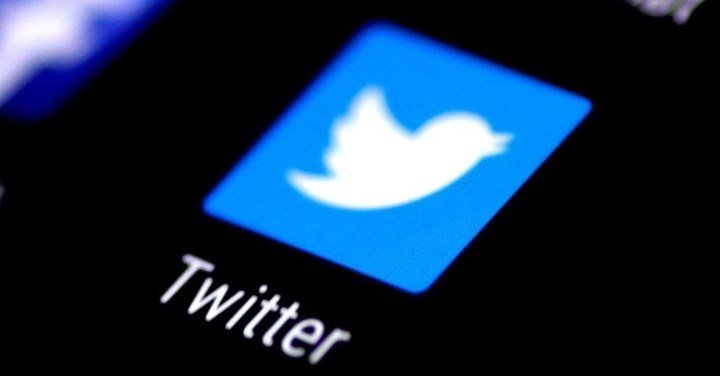
Social media platforms, especially Twitter, are now the platforms where we reach the news most quickly and easily. However, unfortunately, there is an information pollution on such platforms, especially in times of crisis, and false information comes to the fore. In the past hours, Twitter also explained how it will deal with this issue.
Statement from the Head of Twitter Security
In a blog post by Yoel Roth, Head of Twitter Security, he said:
People all over the world are using Twitter to find reliable information in real time. uses. In times of crisis – such as situations of armed conflict, public health emergencies and large-scale natural disasters – access to reliable, reliable information and resources is even more critical.
Twitter is promoting our crisis-related misinformation policy, a global policy to guide our efforts to provide reliable information and help ensure that viral misinformation is not magnified or recommended by us during crises. In times of crisis, misleading information can undermine public trust and further harm already vulnerable communities. Along with our current work to make reliable information more accessible during crisis events, this new approach will help slow the spread by us of the most visible, misleading content, especially content that could cause serious harm.
Developing policy
The teams at Twitter have been working since last year to develop a crisis misinformation framework, drawing on key input from global experts and human rights organizations. For the purposes of this policy, we define crises as situations where there is a widespread threat to life, physical security, health or basic livelihood. This definition is consistent with the United Nations definition of humanitarian crisis and other humanitarian considerations.
Going forward, as we broaden our approach, we will apply to other emerging global crises informed by the United Nations Standing Inter-Agency Committee (IASC) emergency response framework and other global humanitarian frameworks.
What is TurkNet GigaFiber?
Addressing the most serious harms
In times of crisis it can be extremely difficult to determine whether something is right or wrong. To determine whether allegations are misleading, we need verification from multiple reliable, publicly available sources, including evidence from conflict watch groups, humanitarian organizations, open source researchers, journalists, and more.
Speech moves fast during times of crisis, and content from accounts with broad reach is more likely to get views and engagement. To mitigate potential harm, we do not include or recommend content covered by this policy on Twitter (Main timeline, Search and Discover) as soon as we have evidence that a claim may be misleading. We will also prioritize adding alert notifications to highly visible Tweets and Tweets from high profile accounts such as government media accounts, verified, official government accounts.
Some examples of Tweets where we might add a warning notice, including:
- False coverage or incident reporting, or information that mischaracterizes conditions on the ground as a conflict develops;
- Unfounded allegations of the use of force, attacks on territorial sovereignty or the use of weapons;
- Clearly false or misleading allegations of war crimes or mass atrocities against certain populations;
- False information about international community response, sanctions, defense actions, or humanitarian operations.
- Strong comments, attempts to deny or verify, and personal anecdotes or first-party accounts are not covered by the policy.
Tweets with content that violates the crisis-related misinformation policy will be placed behind a warning notice similar to the following:
Picture of the crisis-related misinformation alert
People on Twitter They will have to click on the alert notification to view the tweet, and the content will not be reinforced or recommended service-wide. Also, Likes, Retweets, and Shares will be disabled, and the notification will link to more information about our approach to crisis-related misinformation.
Content moderation is more than just closing or removing content, and we’ve expanded the range of actions we can take to ensure they’re commensurate with the severity of potential harm. We’ve found that not reinforcing or recommending certain content, adding context via hashtags, and disabling interaction with Tweets in severe cases are effective ways to mitigate harm while protecting conversations and recordings of critical global events.
While this initial update focuses on international armed conflicts starting with the war in Ukraine, we plan to update and expand the policy to include additional forms of crisis. The policy will complement our current work deployed during other global crises such as Afghanistan, Ethiopia and India.
- Home
- Internet
- Social Media News
- Twitter’s policy to prevent misinformation in times of crisis